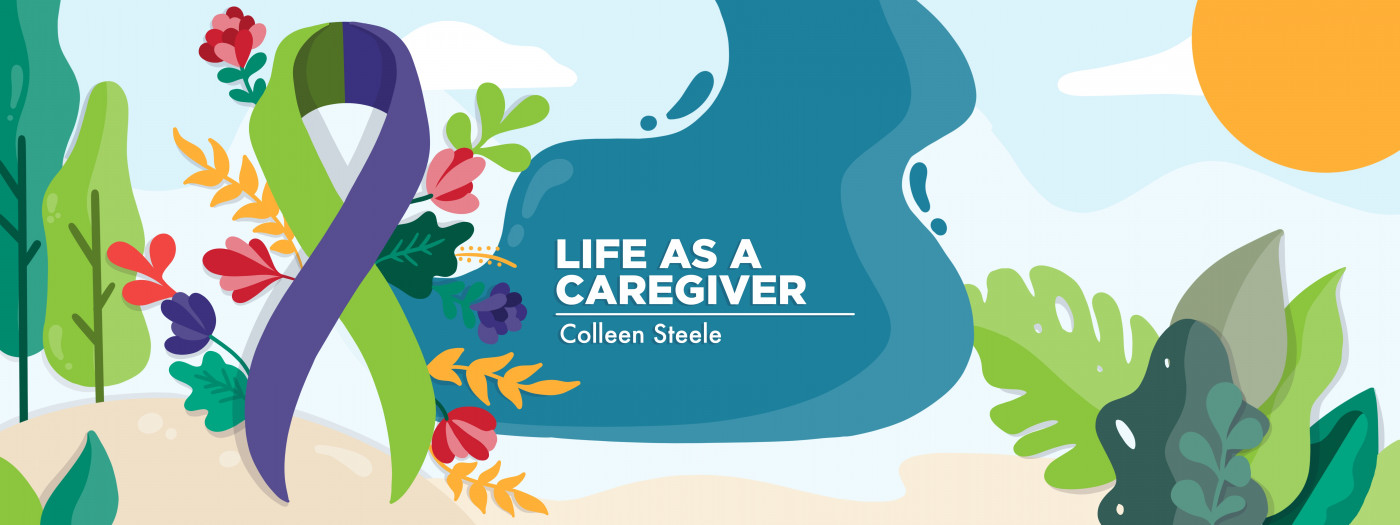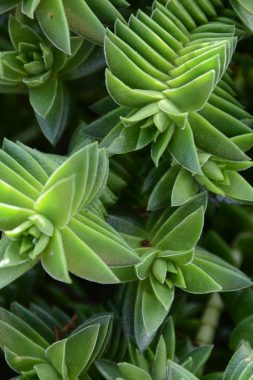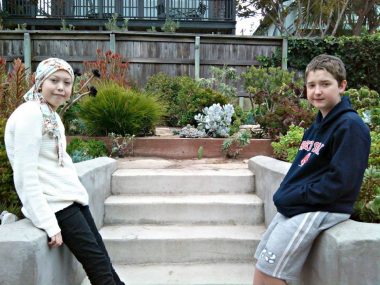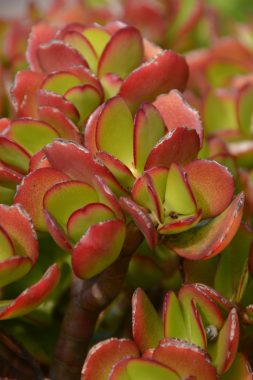What Do Caregivers and Succulents Have in Common?
Written by |

I appreciate the camaraderie among caregivers that I have experienced. We find understanding, support, and comfort from one another, no matter what illness we are dealing with or the age of our patients. Caregiving can be an emotional, challenging, and rewarding responsibility, and that reality alone is what unites us.
Besides the role of mom, I have been a caregiver to my son Cullen throughout his pulmonary hypertension (PH) and transplant journey.
On any given day, a dose of laughter has been the best medicine for both of us. The social media app TikTok attracted me with its humor, but other genres of the app have since caught my attention, too.
For example, I’ve started following TikTok contributor Diane Sontum (@welcome2garyland), whose videos discuss the ups and downs of caring for her husband, who has early-onset dementia.
I was drawn to Diane’s videos when she posted about a caregiver pampering day she recently attended. She was kind enough to respond to me when I reached out to her through social media.
Diane informed me that Pathways Hospice had organized the event that took place in Fort Collins, Colorado. The Fort Collins Nursery donated a succulent plant to each attendee, explaining that like caregivers, succulents are resilient.
In her video, Diane shared a particular activity that included the plants. They asked her to write a word on the outside of the pot that represents who she is today. Then she was asked to write a word on tissue paper that describes who she wants to become through the caregiving experience. They had her plant the word and the succulent together in the dirt, so that the two would become a part of each other.

Succulents are a symbol of resilience. (Photo by Christina Doak)
Diane chose the word “responsible” to describe who she is now; someone who shows up and does what she is supposed to do.
But it was what she wrote on the tissue paper that I found profound. Diane chose the word “holy,” because in her mind, the word describes someone who is a combination of patient, calm, loving, and compassionate, and that is what she strives to be.
I wholeheartedly relate to the words Diane chose, and after some soul-searching, I came up with my own. My word for who I am today is “empathetic.” This isn’t just with Cullen, but with most people, including family, friends, and strangers. I often find myself reading the emotions of others and wanting to offer a kind word or provide a listening ear. I’m certain that my caregiving experience has strengthened my empathetic nature.
For what I would like to become, my word is “accepting.” Acceptance is what I’ve struggled with most since Cullen’s PH diagnosis. Thirteen years later, I still struggle to shoulder the reality that such a horrible and rare disease turned my child’s life upside down.
It boggles my mind that at 14, Cullen received a heart and double-lung transplant, and if not for his organ donor, he would not be alive today.
I struggle to accept that many of his PH friends who received transplants have passed away, and that the risk of Cullen dying before I do remains a real threat.
Acceptance is important, because when I struggle with it, I find it difficult to be the patient, calm, and loving person Diane used to describe the word “holy.”
A garden by the sea
Katy Doak is a close PH friend of Cullen who passed away post-transplant from acute myeloid leukemia. The two spent a lot of time together while Cullen was recovering from his transplant and Katy was battling cancer. Meanwhile, Katy’s mom, Christina Doak, and I became fast friends as well.
One weekend, Katy’s grandmother invited us to her home in Carmel-by-the-Sea, California. Both the patients and the caregivers appreciated the much-needed opportunity to escape the hospital setting and relax.

Katy and Cullen relax by the succulent garden at Katy’s grandmother’s home in Carmel-by-the-Sea, California, in October 2014. (Photo by Colleen Steele)
One of my favorite pictures is Cullen and Katy in front of her grandmother’s beautiful succulent garden.
Their genuine smiles remind me of the friendship they shared and how courageously they faced their medical battles together. That picture has always inspired me, but now I also see resilience since watching Diane’s video.

A flourishing succulent in Katy’s grandmother’s garden. (Photo by Christina Doak)
Now when I look at the succulents pictured behind Cullen and Katy, I see myself and Christina — two very resilient mothers and caregivers.
Educator and motivational speaker Yasmin Mogahed defines resiliency in a way that I believe best describes a caregiver’s journey: “Resilience is very different than being numb. Resilience means you experience, you feel, you fail, you hurt. You fall. But you keep going.”
***
Note: Pulmonary Hypertension News is strictly a news and information website about the disease. It does not provide medical advice, diagnosis, or treatment. This content is not intended to be a substitute for professional medical advice, diagnosis, or treatment. Always seek the advice of your physician or other qualified health provider with any questions you may have regarding a medical condition. Never disregard professional medical advice or delay in seeking it because of something you have read on this website. The opinions expressed in this column are not those of Pulmonary Hypertension News or its parent company, Bionews, and are intended to spark discussion about issues pertaining to pulmonary hypertension.





Leave a comment
Fill in the required fields to post. Your email address will not be published.